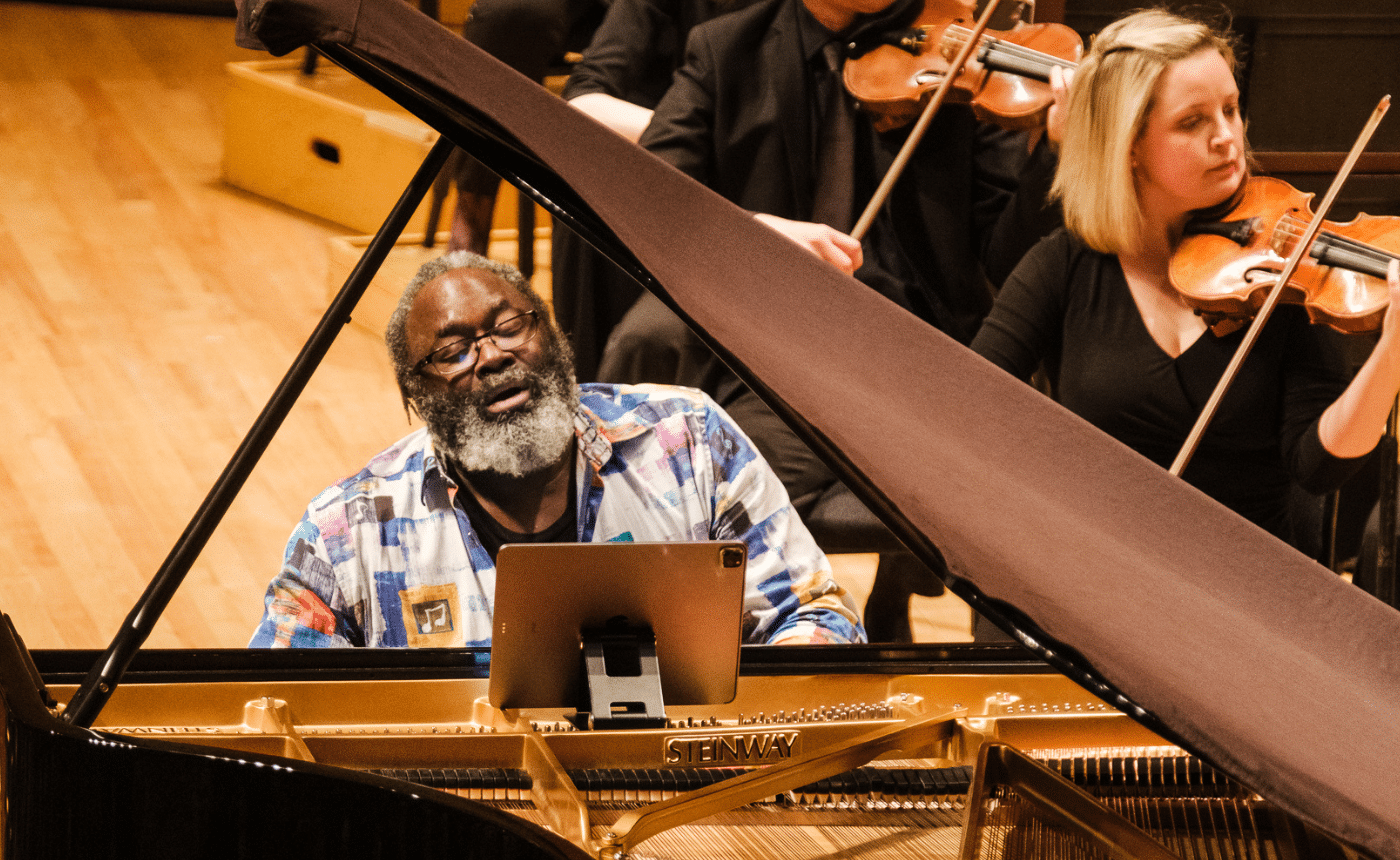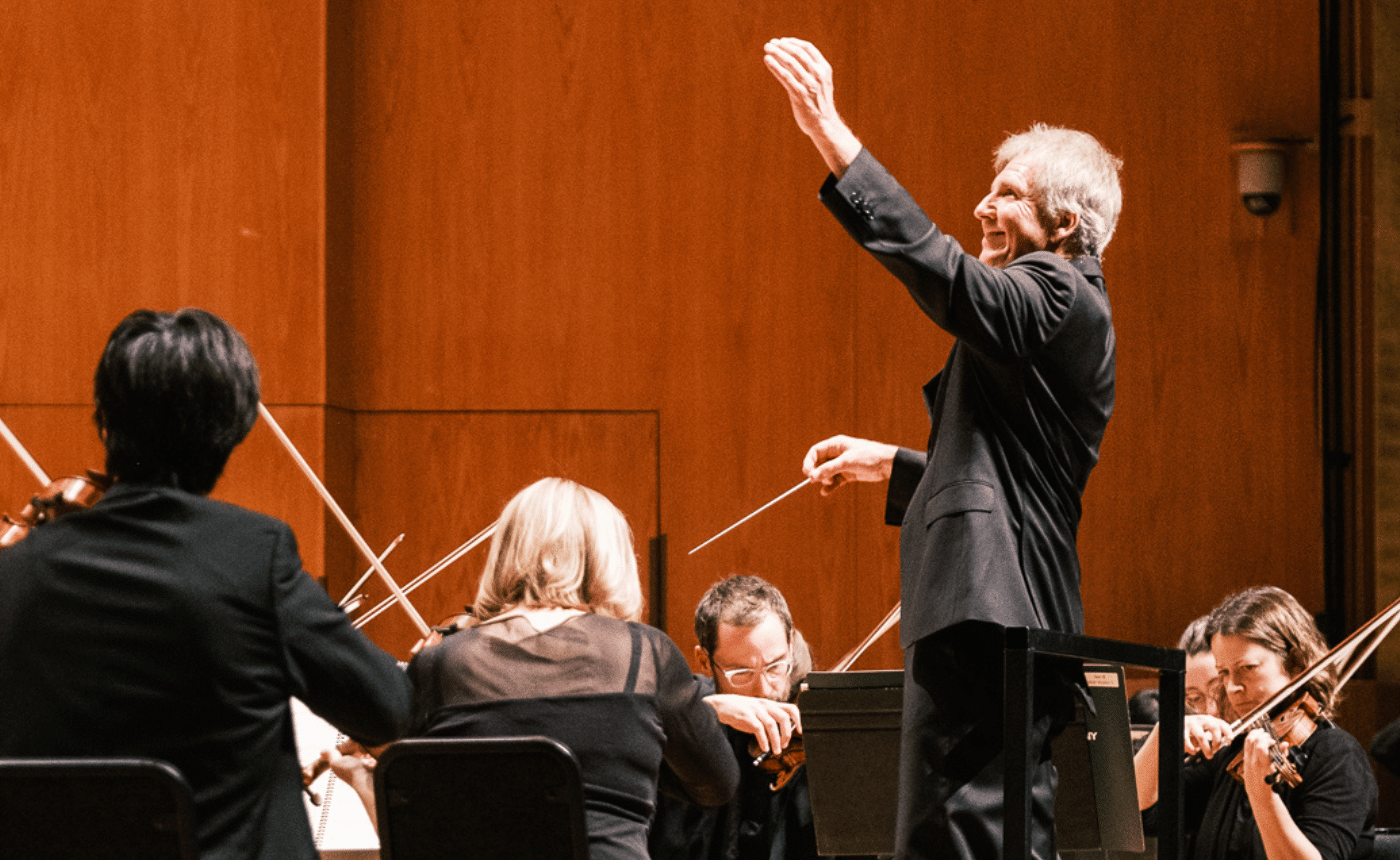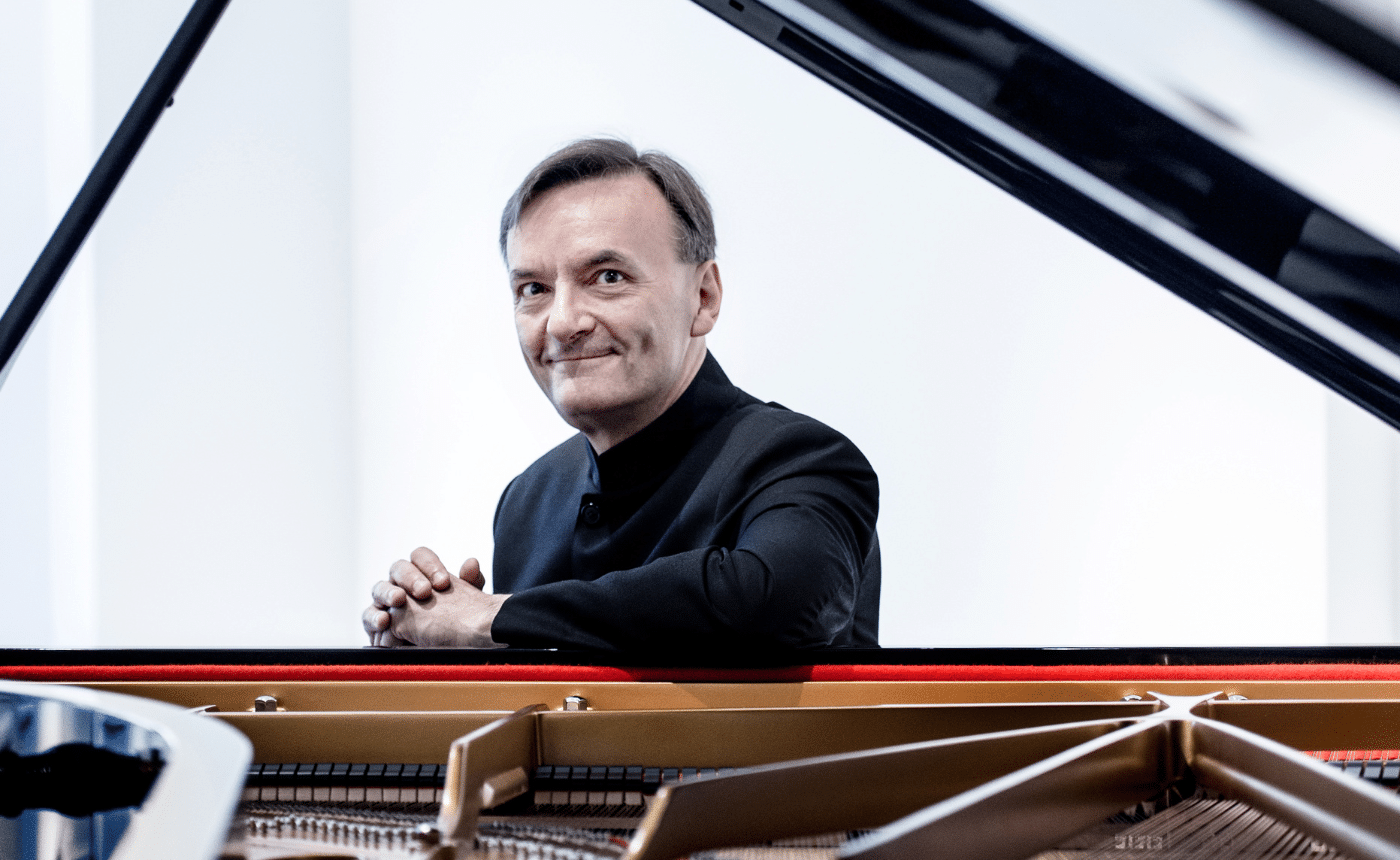Composer of the week: Ralph Vaughan Williams
Happy one-day-belated birthday to Ralph Vaughan Williams! He would have turned 139 yesterday. Generally speaking, Vaughan Williams is considered a twentieth century composer but the reality is that he was only thirty years younger than Tchaikovsky. The first thing you should know about Vaughan Williams is a) his first name is pronounced like Rafe, as in Ralph Fiennes b) never forget that extra a in Vaughan and c) Vaughan Williams is actually NOT hyphenated although you frequently find it listed in programs with the hyphen. His last name is what’s known colloquially as a “doubled barreled” name which is quite common in England and Wales. In Vaughan Williams’ case, his last name is Welsh. It throws of many a music student.
Vaughan Williams was an English composer with a lengthy oeuvre of often pastoral-sounding music. His father, a vicar, died when he was just three years old. She moved in with family, the Wedgwoods, to raise young Ralph. Her great-grandfather was the famous potter John Wedgwood, and the family’s china and pottery is still highly prized and collected. He wasn’t just related to one famous family but two: Charles Darwin was his great uncle!
Vaughan Williams studied the piano and violin as a young boy, of which he said, “I never could play [the piano], and the violin…was my musical salvation.” He attended the Juilliard of the UK, the Royal Conservatory of Music as well as the Trinity College at Cambridge University. At the Royal Conservatory, Vaughan Williams became friends with the likes of Leopold Stokowski (the great composer who championed many of his symphonies) and Gustav Holst. Despite this, Vaughan Williams didn’t publish any music until the age of 30. If you’re frequently depressed by the fact that you will never be Mozart, just remember Ralph Vaughan Williams!
Vaughan Williams married Adeline Fisher in 1896. She was herself an accomplished cellist and pianist. She was even a first cousin of Virginia Woolf. It seems to be a fairly open marriage as he began an affair with Ursula Wood in the late 30s. Wood even cared for Adeline when her health declined in the 1940s due to arthritis. Wood and Vaughan Williams married in 1953, two years after the death of Adeline.
Upon discovering English folk music in the early 1900s, Vaughan Williams compositional style permanently changed. He found his voice, purpose, and passion. His music is typically traditional in sound and largely tonal, very different from what the younger composers of his time (such as Stravinsky and Schoenberg) were writing. Vaughan Williams is sometimes dismissed by academic musicians because of his lack of experimentation but it’s important to remember that he was 30 before he started writing published music and by the time he wrote his most famous works he was in his 40s and 50s. He belonged to a different compositional school of thought than the more experimental types writing at the same time as him. One well known music theorist said than when listening to Vaughan Williams, “one is never quite sure whether one is listening to something very old or very new.” Indeed, Vaughan Williams’ music is frequently lush and gorgeous; the kind of music that orchestras love to play and audiences love to hear.
Vaughan Williams started becoming known nationally and internationally in 1910. This was largely due to his choral fantasy: Fantasia on a Theme by Thomas Tallis. Listen here:
He also started gaining prominence with the Sea and London Symphonies.
“The Waves” from A Sea Symphony
Vaughan Williams actually volunteered for military service during WWI even though he was 41 and could have avoided conscription. Being surrounded by constant gunfire as an ambulance driver caused a hearing loss that progressed to almost complete deafness in his old age. Most of his most famous works come from the years following the war and include the ballet Job, the Pastoral Symphony (No. 3), his Piano Concerto, and his Symphony No. 4.
Scene 8 from Job: A Masque for Dancing
Vaughan Williams remained prolific well into his 60s and 70s and wrote a number of beautiful and interesting works including four symphonies (No. 6 received over 100 performances in its FIRST YEAR of existence) , the Christmas oratorio Hodie (Utah Symphony and the Mormon Tabernacle Choir have performed this together as part of the OC Tanner Gift of Music concert recently), and the opera The Pilgrim’s Progress.
Symphony No. 6 in E Minor
Parts 8 – 12 of Hodie












